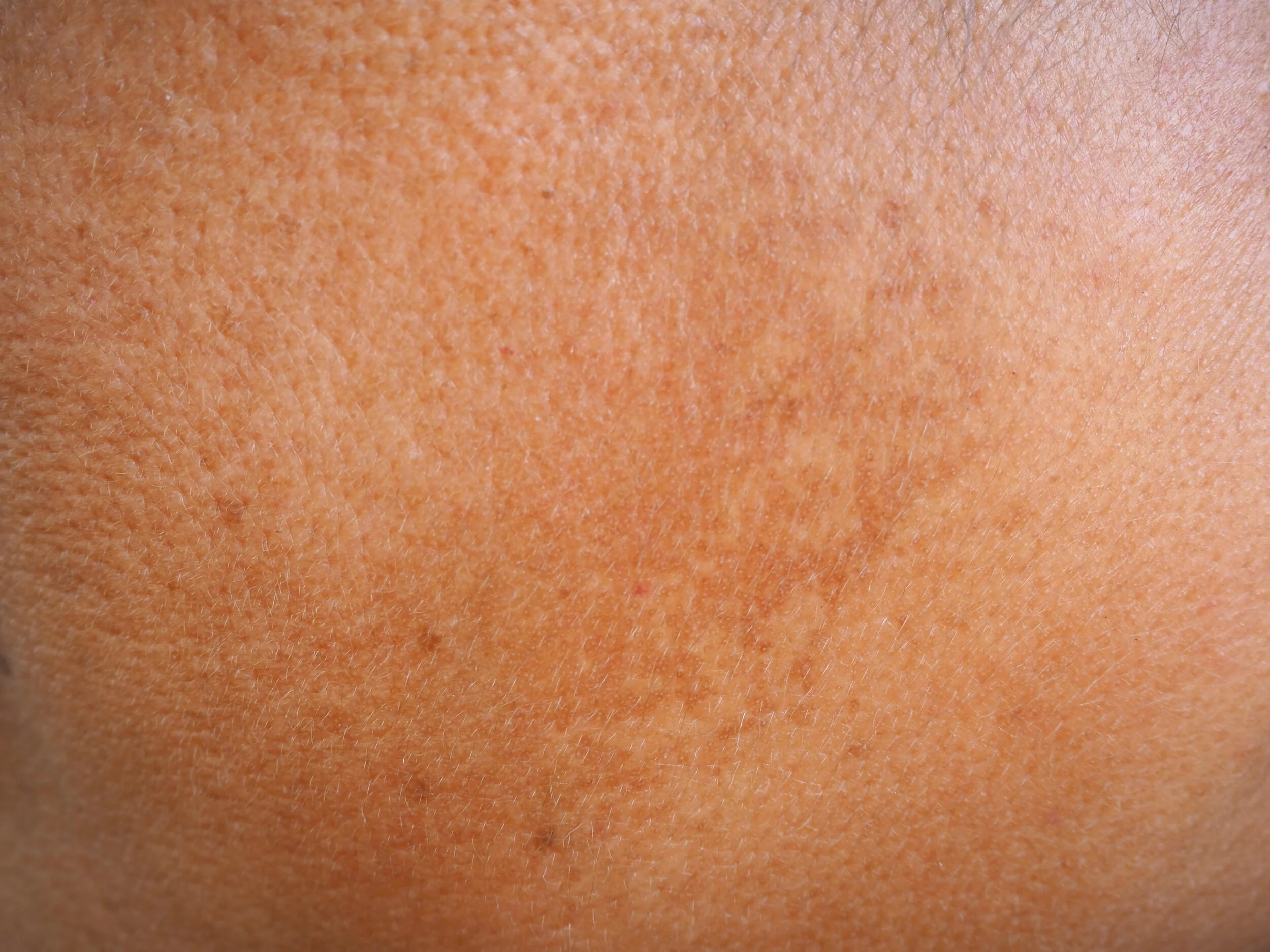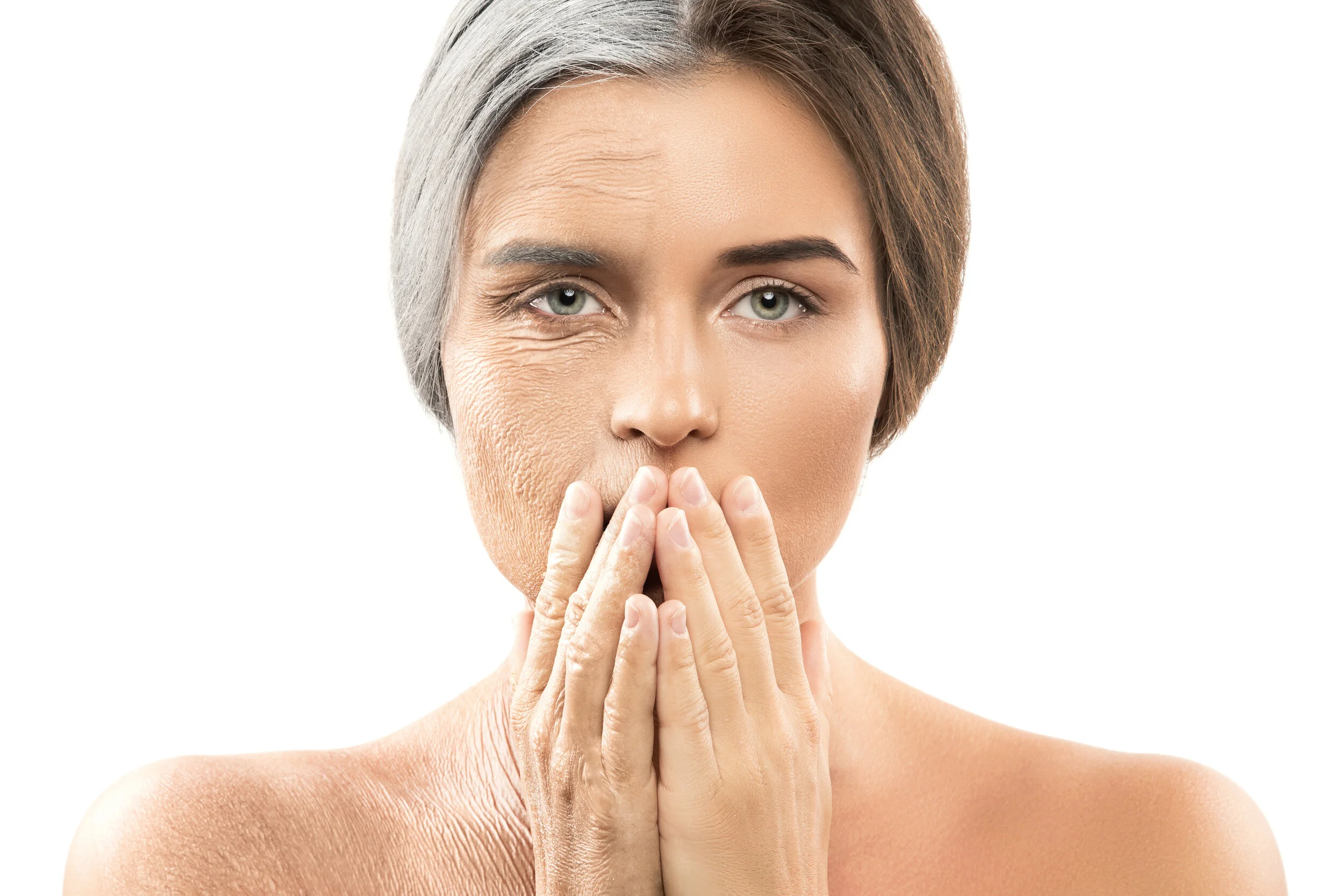Sunlight fundamentally consists of three wavelengths: UVA, UVB, and UVC. Earth's ozone layer separates and holds the most damaging UVC rays. People with low levels of vitamin D in their blood have much higher incidences of practically all diseases and sickness: cancer, diabetes, obesity, osteoporosis, heart attack, stroke, depression, cognitive impairment, autoimmune conditions, and so on
Read MoreItchy skin, or what is medically called pruritus, can be uncomfortable and frustrating. Acute itching, during the infusion of chemotherapy, could be an early sign of a hypersensitivity reaction.
Read MoreFor most cancer patients, hives are a temporary allergic reaction to an avoidable trigger. Cold urticaria can be diagnosed by placing an ice cube on the skin for five minutes. Your doctor may recommend you try to prevent or reduce symptoms with home remedies, such as using over-the-counter antihistamines and avoiding cold exposure.
Read MoreAcne-related hyperpigmentation occurs when dark patches emerge after a blemish has healed. Your dermatologist can help you find the best option for your skin. For some people, professional treatments aren't always an option. Hope & Beauty has a guide to help in this situation.
Postponed aging is now a reality. There has been new progress in science and research. Recent research has shown that there is a vast difference between chronological age, how old you are in calendar years, and biological age, how old your body appears to be at the cellular level.
Cancer patients have sensitive skin, whether they are receiving some sort of therapy or not. Quality skincare has to be maintained throughout the year. Keeping the skin hydrated during winter, and preventing breakouts and minimize sun damage during summer months are a priority.







